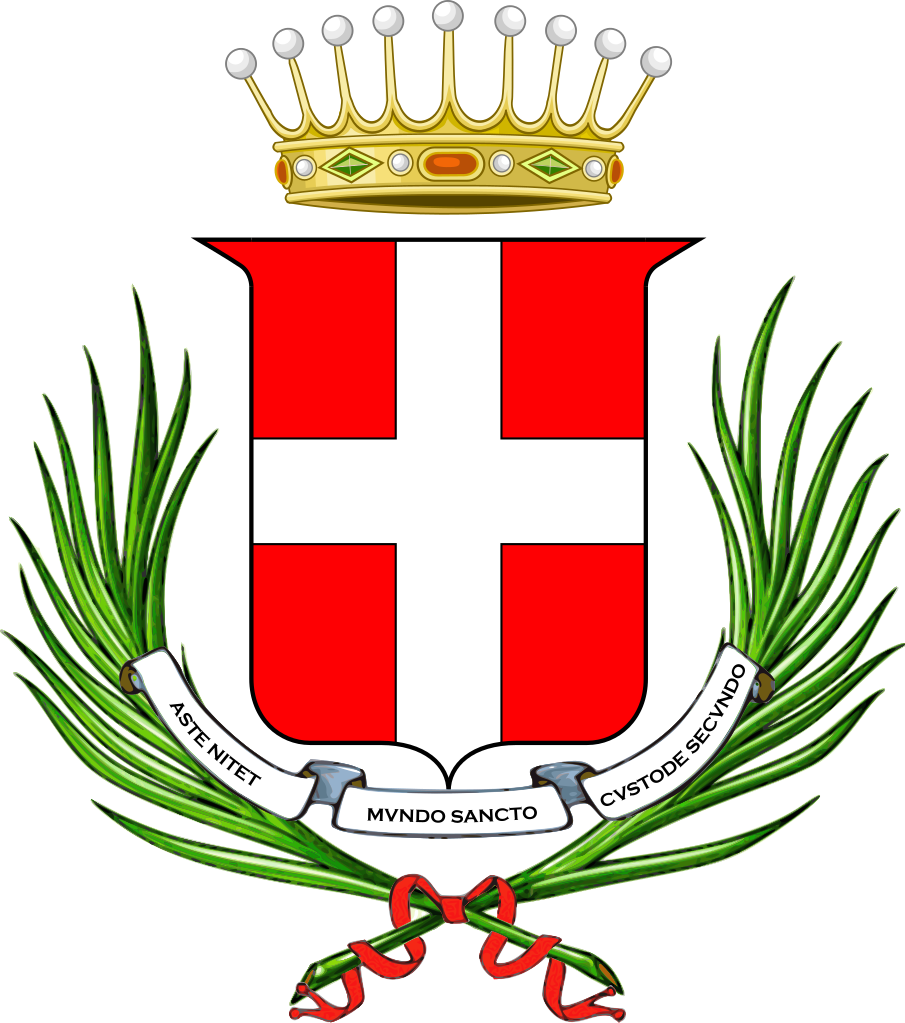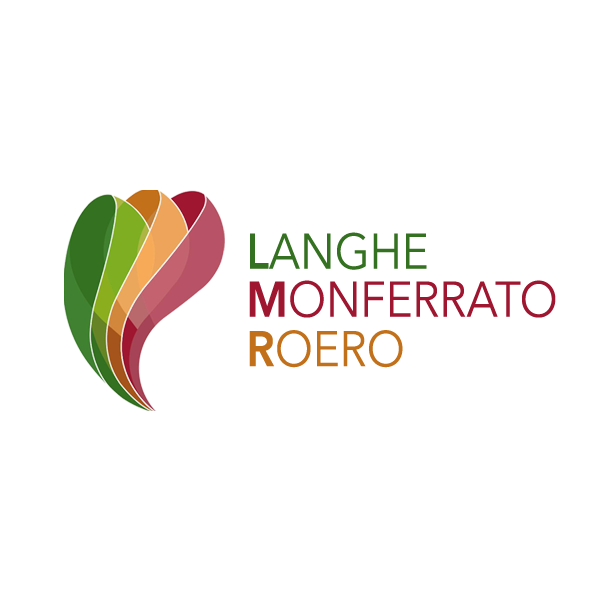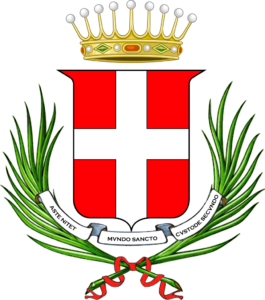
Renaissance route
Breaths of a New Era
Let yourself be fascinated by the Renaissance friezes that 15th-16th century architecture and art brought to the city of Asti. A period of major renovations according to the canons of the time, dictated by a cultural renewal in the wake of the rediscovery of the classics, which left wonderful testimonies to the city between architecture, sculpture, and artistic production, with the contribution of figures from Asti such as the great painter Gandolfino da Roreto. The imprint of Renaissance architecture is evident above all in some buildings owned by the important families of Asti, such as Malabayla, Asinari and Falletti, but also in some religious buildings, which underwent alterations in this period.
Route details
Explore the stages
I stop
Collegiate Church of Saint Secundus
The itinerary starts from the Collegiate Church of Saint Secundus, one of the main churches of Asti, which has Renaissance elements in the iconography depicted on the large central rose window, and in its decoration, a clear example of "Po Valley style". Inside the Collegiate, it is possible to admire artistic works by Gandolfino da Roreto, of which we mention the beautiful polyptych.
II stop
Palazzo Malabayla
Strolling in the city center, we move towards Palazzo Malabaila, in via Mazzini, which represents the greatest example of Renaissance architecture in the city. The palace develops around a courtyard characterized by a porticoed sleeve, and has interesting references to the French style. Louis XII, King of France, was hosted there, between 1503 and 1507, by his vassal Alexander Malabayla.
III stop
Church of Saint Mary of the Gate
The route continues with a church of exquisite beauty: The Sanctuary of the Madonna of the Gate, built around a venerated image of the Madonna dating back to the fourteenth century, remodeled in 1500 by Gandolfino da Roreto.
IV stop
Palazzo Mazzola e Cattedrale di Santa Maria Assunta e San Gottardo
The fourth stage of the itinerary takes us to the medieval building of Palazzo Mazzola, restored according to Renaissance canons on the initiative of Francesco Mazzola, and then leads us to the Cathedral of Saint Mary of the Assumption and Saint Gotthard, the religious heart of Asti. The interior of the majestic Cathedral has undergone various alterations over the centuries, and features numerous Renaissance artistic elements.
V stop
Palazzo Verasis-Asinari and Palazzo Falletti
Continuing towards Via Natta, you can reach Palazzo Verasis-Asinari, and then in Via Giobert, Palazzo Falletti, both renovated in the early sixteenth century.
VI stop
Episcopal Seminary
We move to Piazza Catena, arriving at the Episcopal Seminary, where it is possible to admire a painting from the second decade of the sixteenth century from the Benedictine monastery of Saint Bartholomew d’Azzano.
VII stop
Church of Saint Mary Nuova
The penultimate stop of this Renaissance route takes us to the Church of Saint Mary Nuova, in the square of the same name, which has sixteenth-century wooden furnishings and some works by Gandolfino di Roreto, including the important altarpiece depicting the Madonna.
VIII stop
Complex of Saint Peter in Consavia
We conclude the Renaissance route with a visit to the Complex of Saint Peter in Consavia, whose Valperga chapel, built in the mid-fifteenth century at the request of the prior Valperga, stands out for its friezes and the style of the time.








